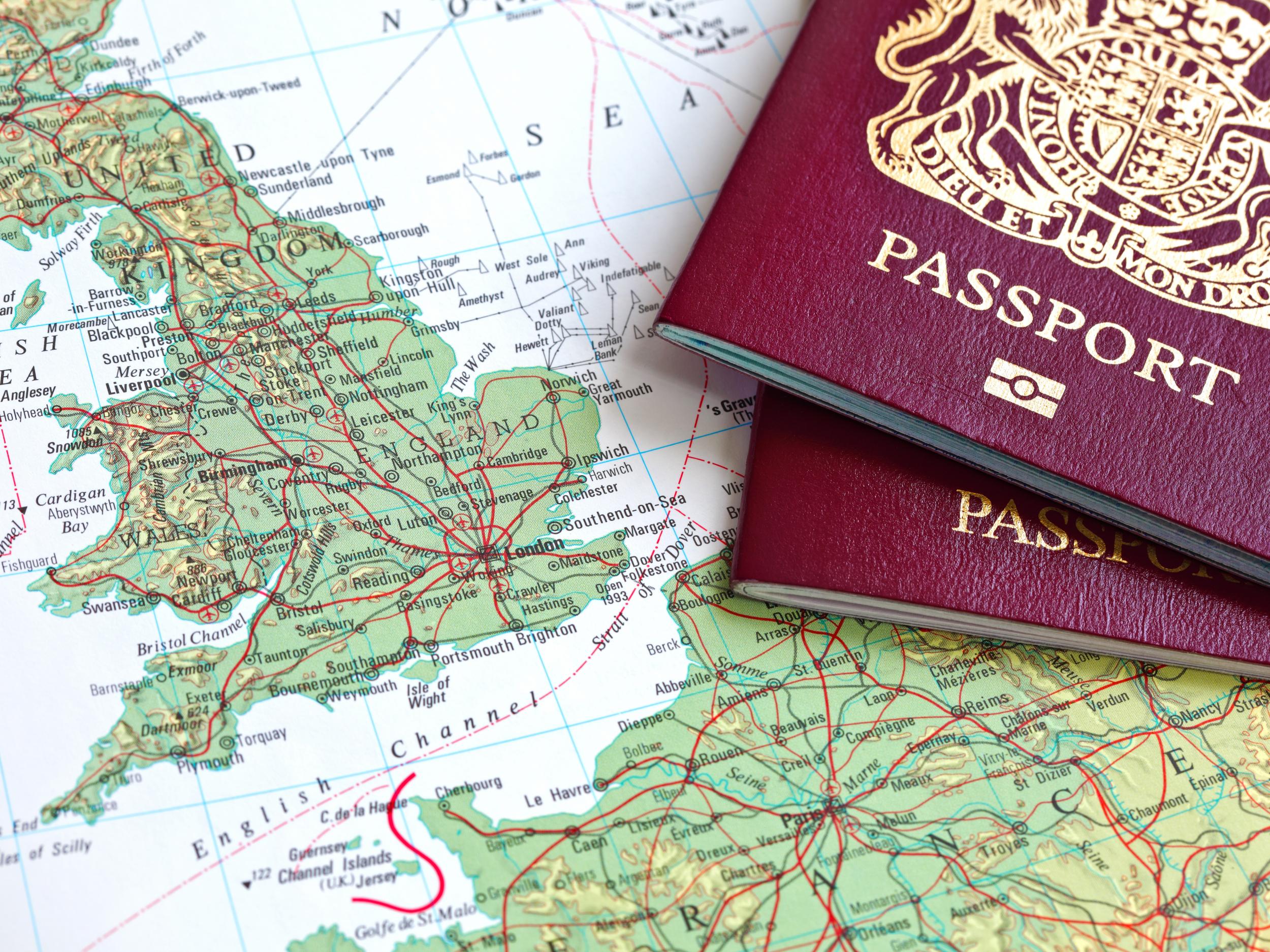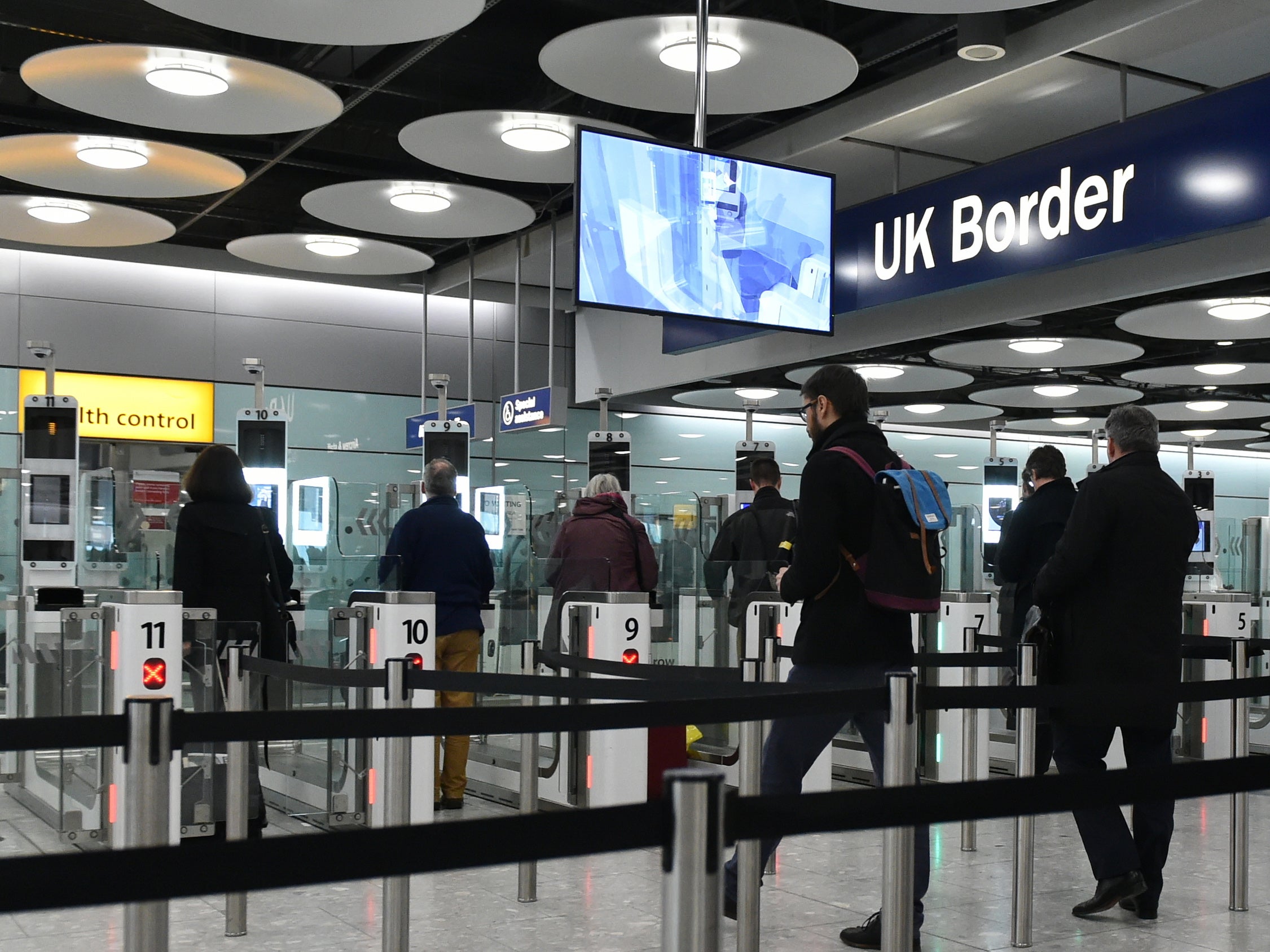Far more British citizens live in EU than government statistics suggest
Statistics are political, so we should question the recent drop in government estimates of British citizens living in the EU

The UK’s Office for National Statistics (ONS) has recently produced estimates of the number of British citizens living in the European Union (EU). The numbers, apparently, have declined from 1.22 million prior to 2017 to “around 900,000” (January 2017) and more recently to 784,900 (April 2018).
Meanwhile, our research has revealed that most informed commentators (academics, local government officials, consular offices, and others who work with the British abroad) understand numbers to have changed little since 2008, and that the correct, conservative, estimate is closer to 1.8 million.
So, what is going on? Where do these estimates come from? And why does the drop matter?
According to the ONS, its estimates, which are reproduced widely by campaign and interest groups, academics, politicians and journalists, are published “in response to an increased user need for data about the people who may be most likely to be affected by the UK’s decision to leave the EU”. The ONS argues that the heretofore trusted United Nations data (source of the 1.22 million estimate) are unreliable “high-level estimates” based on extrapolating out from census data. The ONS said in 2017 that it prefers to use “more detailed census data”, leading to the first, inadequately explained, reduction to 900,000.
But the perhaps more insidious reduction is that between the 2017 report and the April 2018 report, when the estimates dropped even further to a suspiciously precise 784,900. Apparently, this new estimate was produced because new data were available. But close examination reveals that the only new data being used come from the European Labour Force Survey, and the final appendix of their 2018 report states that “since the 2011 round of censuses, there has been little change in the estimates of British citizens living in these European countries”. The drop is not explained by analysis of “new data” then.
Then there is the caveat that the April 2018 estimates exclude Ireland. The difference between 900,000 and 748,900 is 115,100 – and the estimated number of UK citizens in Ireland in January 2017 was 112,090. So, the exclusion of Ireland pretty much explains the change in estimates.
The (somewhat odd) argument for excluding Ireland is that “citizenship is not a suitable definition and so the data would not be comparable”. The April 2018 report defines British abroad using citizenship rather than country of birth, because the latter can miss some groups of citizens, and because Irish and British citizenship “are complex”. Well, given that dual citizenship is available in most EU27 states, I would argue it is complex for everyone. At least the 2017 report provided a distinction between the two definitions, with helpful comparison estimates. Comparing these estimates, it becomes clear that using British citizen rather than country of birth has made very little difference to the overall numbers once Ireland has been removed – 3,010 people, to be precise.

What has been achieved, amid all this obfuscation, is that the April 2018 estimates look very precise, and are greatly reduced since January 2017. This is worrying given the attempts of diverse interest groups (such as British in Europe or The 3 million) as well as our own project to provide information and support on behalf of these citizens as Brexit proceeds. Reducing their numbers only serves to reduce their relevance, while providing a precise estimate lends gravitas to the estimates. Statistics are political.
But I have further concerns about the ONS estimates. First, they only include long-term residents, that is people who “intend to or have lived abroad for one year or longer”. This excludes all seasonal workers, second-home owners, students and other mobile individuals who move backwards and forwards. These are numerous by any estimate and I have no idea why they would be considered irrelevant for the purposes of the exercise. Surely these people, who have exercised their rights to freedom of movement, are as likely as any to be affected by Brexit. Also, it is entirely unclear how the data they have collected can identify this distinction. Population registers, for example, are unlikely to distinguish length of stay, still less intention.
The ONS reports use Eurostat data and Migration stocks data, which in turn use population censuses and registers. Census data are often out of date and notoriously unreliable for counting migrants, so that “even the best censuses are likely to be underestimates”. And population registers are hardly more reliable given many people do not register, and some countries do not even have registers, as has been argued endlessly for this population.

While we in the Brexit Brits Abroad project welcome the aim of these reports, and especially the nuanced analysis that, for example, challenges assumptions about the age and employment status of the majority of British in Europe, we are anxious about the way in which data sets are analysed in crude form with no attempt to improve estimates based on expert or insider knowledge (see this IPPR report for just one example of how to estimate in an informed and critical way). We are also anxious that the outcome is to continue to dismiss the concerns, interests and contributions of Brits abroad, as we have highlighted in our project and again was raised seriously by IPPR in 2010.
Given our goal is, like the ONS, to provide estimates of numbers of British living in the EU27 who are likely to be affected by the UK’s decision to leave the EU, and based on our knowledge and understanding of this population in all its diversity, we estimate there are in fact 1.8 million to 3.6 million British people living part-time or full-time in the EU27 for whom Brexit is proving disruptive. This estimate is derived by taking the ONS’s original estimate of 900,000 and multiplying it to take account of the estimated one (a conservative estimate) or two (a more radical estimate) out of every three people who are not on any register or census for the reasons outlined above.
is a professorial research fellow at Goldsmiths, University of London. This article first appeared on The Conversation (theconversation.com)
Update. The Office for National Statistics has asked us to make clear its position that it has not reported a decline in the number of British citizens resident in EU. The one-off estimates ONS has published seek to quantify the expatriate population which holds no citizenship other than British and who are therefore most likely to be affected by the UK’s decision to leave the EU. In their latest report, ONS didn’t include British citizens living in Ireland because their rights under the Common Travel Area will continue after the UK has left the EU. 15/5/18
Join our commenting forum
Join thought-provoking conversations, follow other Independent readers and see their replies
Comments
Bookmark popover
Removed from bookmarks